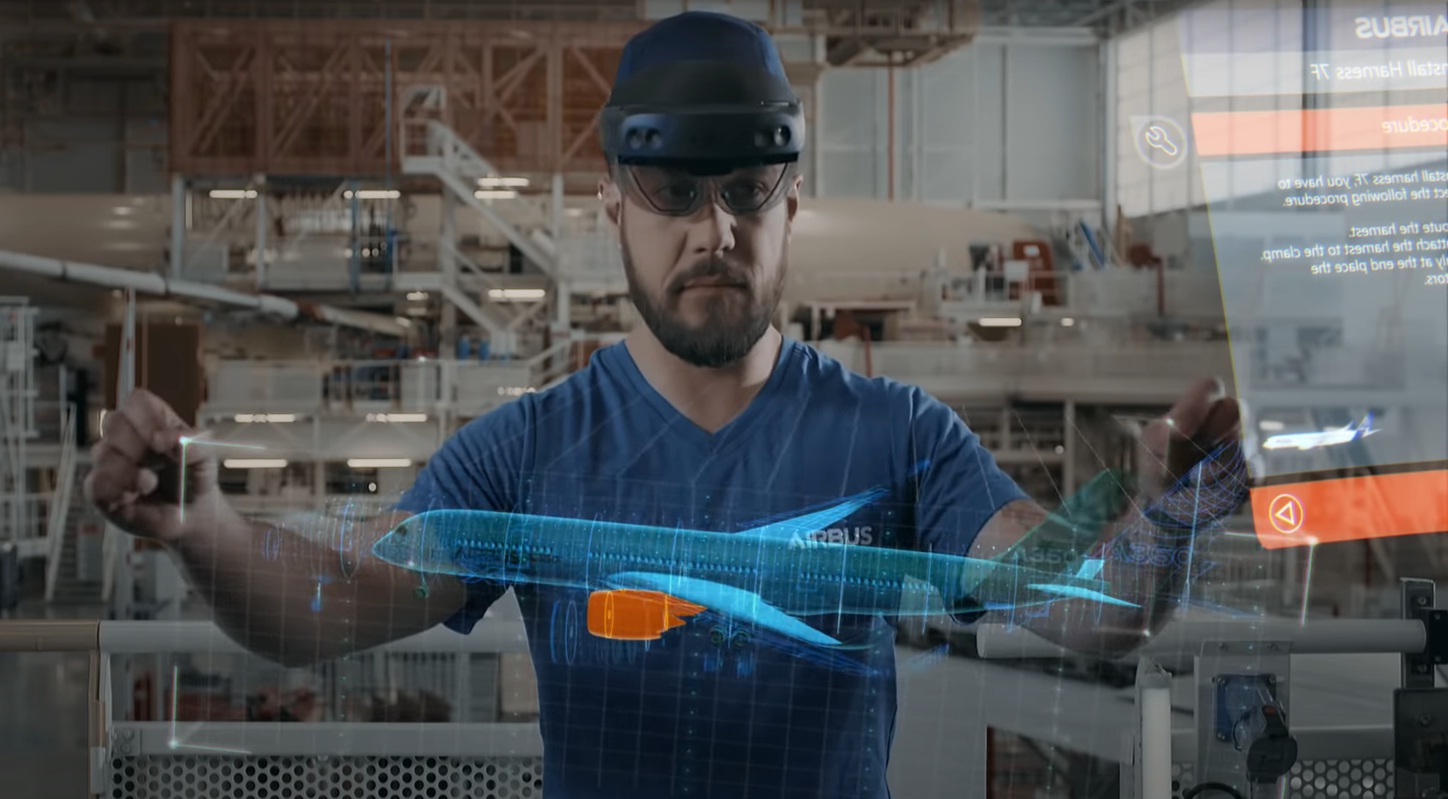
Recent technical advances have resulted inthe emergence of completely new user interfaces that will soon penetrate into various areas of our lives. In addition to improving the comfort of interacting with devices, they will have a significant impact on the future of work in almost all professions.
Combining physical and virtual environments through tactile user interfaces
While this may sound like a sci-fi story, similar solutions are already being actively developed.Tactileuser interfaces are able to recognizereal objects located on the screen and actually allow the user to interact with physical objects through the digital environment, and vice versa.
One of the most striking examples isdeveloped by the Massachusetts Institute of Technology Media Lab. The team-built system contains tangible bits that physically shape digital data, providing not only control but also direct perception.
Another example of technology is prototypea Microsoft Pixelsense touchscreen table that enables multiple users to simultaneously interact with physical objects and share content. The interface also allows the system to be programmed to recognize the shape and size of objects.
Going forward, such solutions will help to establish two-way communication between the physical world and the digital environment in the workplace of the future.
The widespread use of virtual and augmented reality
It has long been impossible to surprise anyone with these technologies, andit might even feel like VR and AR are already everywhere. However, so far they are mainly used for entertainment and gaming purposes, only starting to penetrate into the professional field of activity. Already, they are helping specialists from various locations work together on the design of new products, complex systems and promptly resolve operational issues.
As these technologies develop and spread, they will become an integral part of the work of the future, both in offices and in manufacturing.
Mental control of devices using brain-computer interfaces
Perhaps the most futuristic conceptis an interface that allows people to control computers and control digital devices through their thoughts. Such systems are now being developed not only by scientific institutes, but also by private companies, for example, Elon Musk's Neuralink.
Small chips connected to our brains cansignificantly expand the capabilities of people and radically change the way they interact with technology. To control a computer, mobile phone or other smart devices, you do not need to perform physical actions; to set a specific task, it will be enough just to think about it.
Brain-computer interfaces may appear earlier,than you anticipate, and potentially not necessarily requiring surgery to place the implant. Some researchers are working on wearable headsets that recognize thoughts using brain waves.
In addition to simplifying the management process, suchsystems can lead to a revision of the current understanding of multitasking and radically change the future of work in areas related to intellectual activity or control of all kinds of processes.
She also recommends learning about how automation will change our future and employment.
</p>




